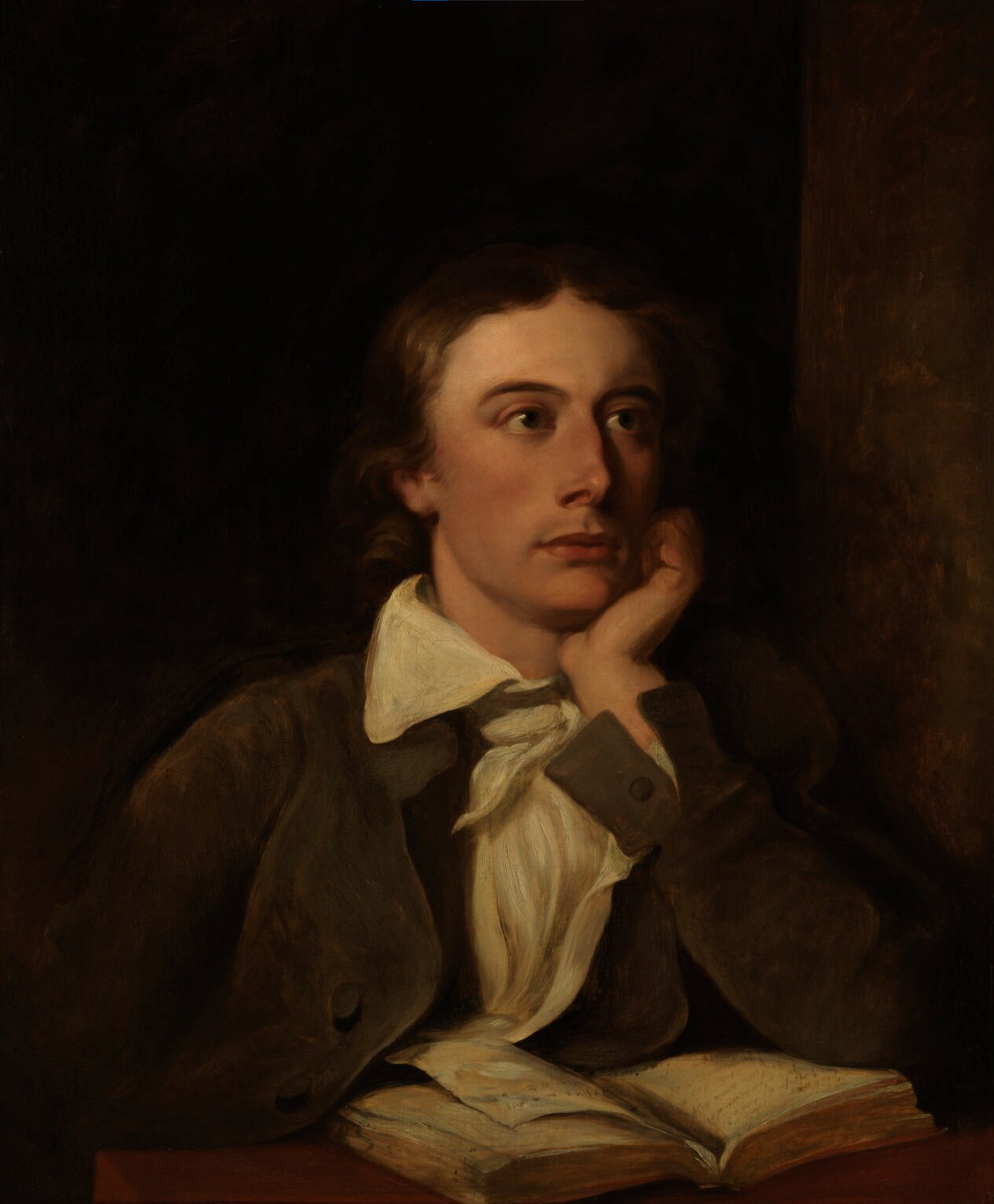"I am certain of nothing but the holiness of the heart's affections and the truth of imagination--what the imagination seizes as beauty and truth--whether it existed before or not."
So said the British Romantic poet John Keats, who died in 1821 in Rome at the too tender age of 25. When I reflect on his poetry of which, considering his short life, he wrote a great deal, I confront, once again, the mystery of the human imagination. Many poets describe poetry as the grand window of humanity, that through which people may obtain a glimpse of what life really is about, the creative expression in which we see the
heart of the meaning of existence. For these poets, poetry is something akin to God.
From where does our imagination come? Why do we possess the capacity to imagine? Why are we, seemingly alone among all the animals, able to dream and fantasize of things invisible, unknown, and unseen? How is it that, if all things were once material and impersonal, we are now spiritual and personal--and capable of lifting ourselves beyond them?
Although the ready theological answer is that we are created in the image of an imaginative God--a fact I do not deny--I also like to look at the presence of imagination in the light of what it tells us about the universe. Without imagination, the universe is hollow, painfully hollow, an amalgam of materiality incapable of rising above itself, bereft of the ability to think about what it is.
We really can't have it both ways. If imagination is, as Keats insists, a truth, we will not find it in an impersonal and solely material universe.

No comments:
Post a Comment